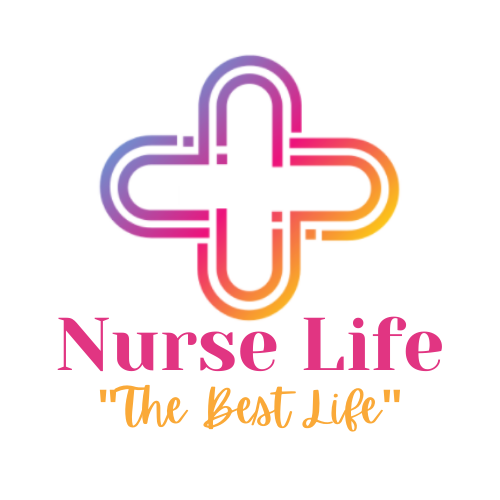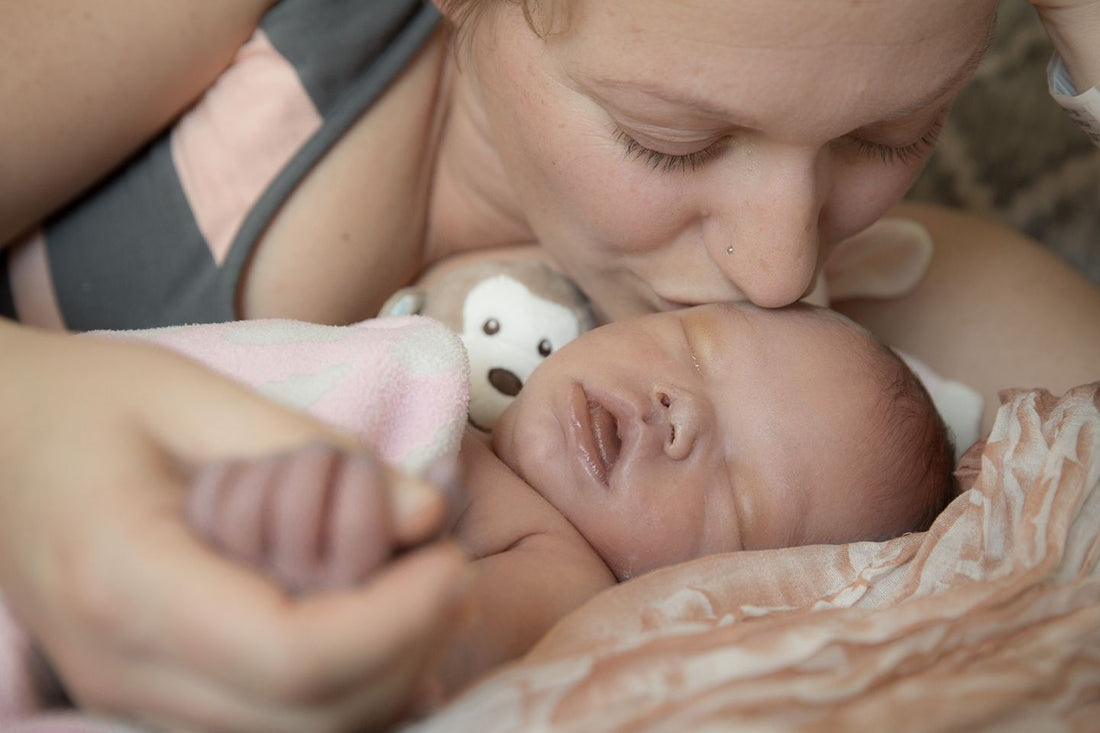When Birth Meets Death: Bereavement Support in Maternity
Written by Nicole Hasseldine, perinatal loss educator and founder of ISLA grief & loss

I never thought I would find my passion in talking about baby death and advocating for the grief & loss space in maternity, but there are events in life which can change your very being, your view of the world, and your perspective in life. One might call it an example of post traumatic growth.
Back in 2016, my future was clear to me. I worked as a postgraduate trained physiotherapist and was about to go on maternity leave. We were busy planning the build of our new house and our two-and-a-half-year-old son was eager to meet his little sister on the way.
Our daughter Isla was born after an uncomplicated pregnancy at 38 weeks. During birthing a true knot in her umbilical cord reduced oxygen flow to her brain and she was born very unwell, surviving CPR efforts but was left with no brain function and the certainty that she would not be leaving hospital with us. Our world had shattered, life had lost all its colours and I did not know how I would go on. I can deeply relate to the quote by D Zagdanski “The death of a child is recognised as the most severe, enduring and debilitating form of bereavement within the context of human relationships”. It highlights the crushing experience of child loss but also explains why everybody feels greatly challenged by this topic.
We spent 6 days with Isla in NICU, experiencing the extremes of physical, mental and emotional grief responses while trying to be present in the moment. A confusion of thoughts and feelings as well as the total bewildering sense of unreality made it very hard to process crucial information, to see the importance of memory making activities in the little time we had, and to make difficult decisions. I am forever grateful for the professional and competent care we received in hospital which guided us to form an ongoing connection with our daughter even in death. It had a profound impact on the way we now travel along our ongoing grief journey through life. Isla’s heart stopped in my husband’s arms almost 5 hours after life support was removed.

Some months later I was visiting local maternity hospitals to donate memory making items and found myself curious about how different hospitals offered bereavement support to families and how maternity staff felt working in this space. It surprised me greatly how practice, perception, confidence, organisational support and resources available differed among maternity providers. I wondered whether I could help to address these issues by sharing my experience, so five years ago I ran a one-hour in-service on this topic. I have since undertaken formal training in grief and bereavement support and become a member of the scientific advisory group to Red Nose’s board. I strive to stay up to date with the latest research, resources and support options, and have regular communication with service providers and bereaved parents.
Over time my presentations grew from simply telling the story of our daughter Isla to launching the ISLA grief & loss service which offers a variety of bereavement support training options both in- person and online. I have now delivered training to over 1100 health professions that support bereaved families after pregnancy loss, stillbirth or neonatal death. 98% of surveyed attendees stated that our training increased their confidence to work with bereaved families.
Through my discussions with dozens of maternity provides, it shocks me how bereavement care is still mostly learned “on the job” with not enough support and opportunity given at even graduate level. Maternity services run the risk of not being able to provide best practice bereavement support, not through a lack of wanting to provide compassionate and empathetic care, but through a lack of consistent and comprehensive learning options for their staff working in this space. Both the midwife as well as the bereaved parents can suffer due to this missing training.

Another challenge I often hear from health professionals is the lack of self-care practice. Even though this observation is also strongly supported by research, little is done about it in a society where stress and exhaustion are often seen as status symbols. If workplaces are not safe and supportive then the weight of bereavement care may often fall onto a single person who works in isolation which is less than optimal for them or the rest of the team. Staff wellness might be considered secondary to the needs of a bereaved family but it is just a fact that one can’t pour from an empty cup. I truly believe there needs to be permission and acknowledgment given to staff working in the maternity bereavement space that this work requires going beyond and that there is an empirical link between emotional labour, emotional exhaustion, and professional burnout.
In my training I address the key challenges which I have identified through communicating with the heath care teams and the bereaved family community. I cover communication skills including difficult conversations, teach grief responses and theories, and provide insight into silent grievers which are the men, grandparents and other siblings. I discuss cultural considerations, unpack the complexities of pregnancy after loss, and provide a comprehensive overview into resources available for staff and parents. Great focus is given to staff wellness which includes self-awareness, sustainability, and practical strategies to implement self-care.
If you think that you or your workplace could benefit from learning more about these topics then there are several ways that you can build your and your colleagues’ confidence in supporting bereaved parents:
1. If you think your workplace would benefit from perinatal loss training then please get in touch and I am happy to discuss group training options.
2. Join the next ISLA grief & loss online training. I offer a free 1hour Bereavement Overview session, a 3-part bereavement series which is the most comprehensive training, and a 3hr bereavement seminar. There are still limited spots available for 2022 dates and I would love to meet you there.
3. Purchase a copy of our Resource Folder for health professionals covering many of the essential bereavement support topics along with useful parent support resources.
4. Join the closed Facebook group that I moderate called the ISLA grief & loss Network which is only available to providers working in the maternity bereavement space. Here I post regularly about recent research updates, events, resources, start discussion topics, and keep members updated on my service developments.
5. Tell your colleagues about the ISLA grief & loss service if you feel it may benefit them.
My vision is a future where all maternity staff feel supported and skilled to care for bereaved families, so please reach out if you feel that our services may aid you in some way. Thank you for all the wonderful work you do to help bereaved families like us to find light after the darkness.
Nicole
Please visit the ISLA grief & loss website for more information www.islagriefandloss.com.au


